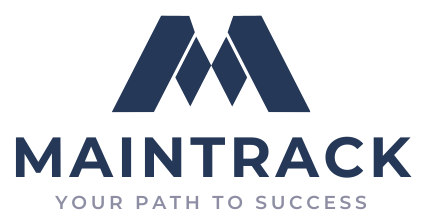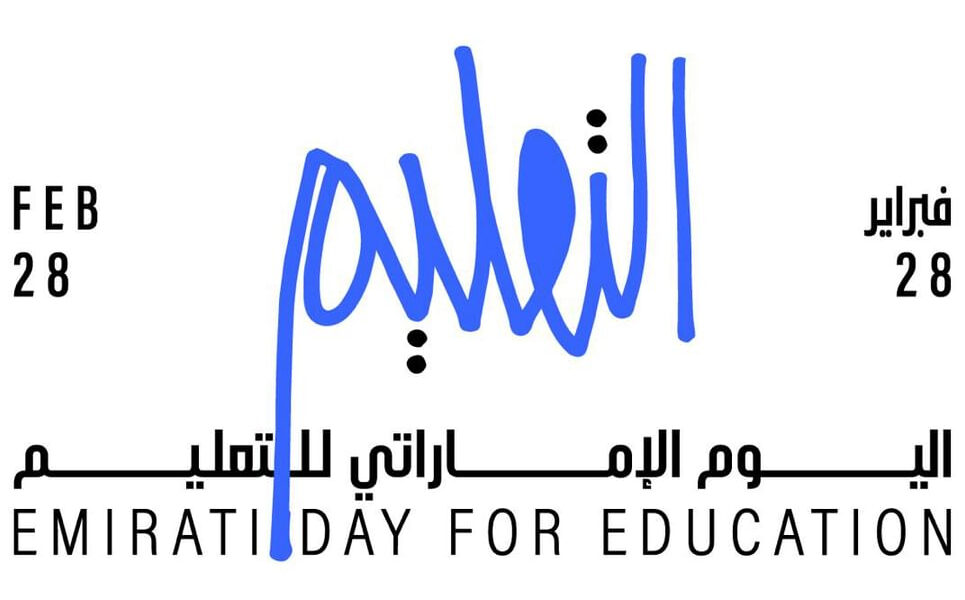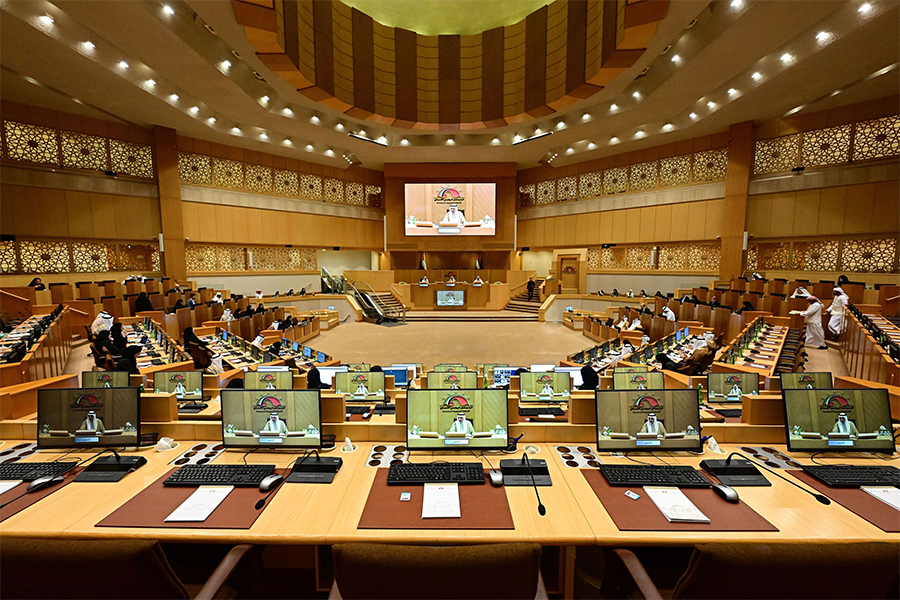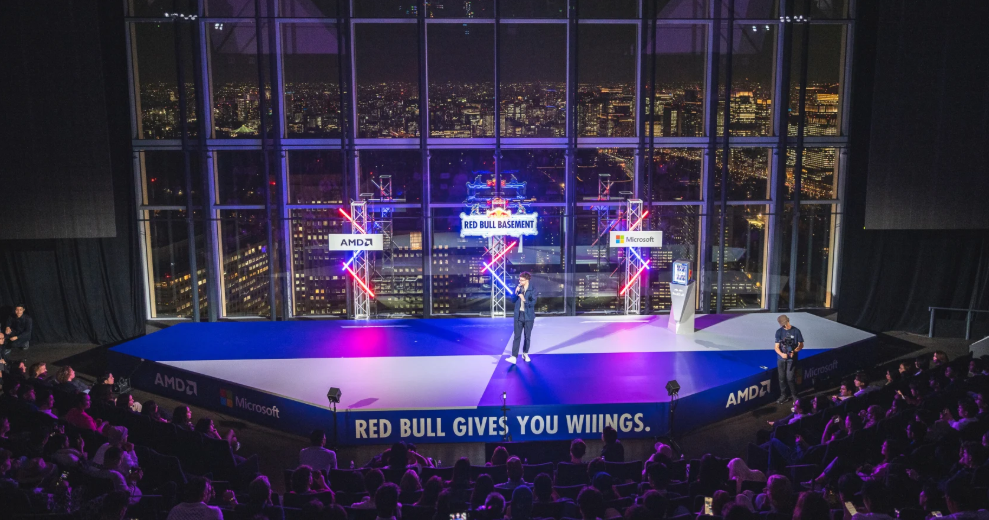White Label solutions for brokers and prop trading firms in the UAE and Gulf region
Brokerage activity across the UAE and Gulf has grown steadily, yet many firms remain anchored to older technology. While European and Asian brokers have already adopted modern platforms, most Gulf operations still rely on MetaQuotes or cTrader.
This technology gap creates real problems. Younger traders entering the market want the kind of well-designed experience they know from fintech apps. For them, fast execution, user-friendly mobile apps, and strong analytics are standard requirements. Legacy platforms often struggle here, and adding such features can mean long and expensive development cycles.
When platforms fall behind trader expectations
MetaTrader 5 software covers core trading but falls short on modern demands. Today’s traders, particularly those under 35, look for features that MT5 wasn’t designed to handle:
- Interfaces that stay responsive during volatile sessions
- Advanced charting with custom indicators and drawing tools
- Mobile apps supporting bracket orders, trailing stops, and multi-leg strategies
- Social and copy-trading options for following proven strategies
Building these capabilities on legacy systems means substantial development work. Many brokers still rely on systems that run reliably but make it difficult to address new client expectations.
Even with stronger platforms and better client tooling, compliance processes can delay implementation unless workflows are built into the infrastructure.
Regulatory hurdles compound the challenge
For many Gulf brokers, compliance remains the main bottleneck when trying to innovate. Operating across UAE jurisdictions creates practical challenges. In Dubai, brokers note that DFSA onboarding requires more detailed documentation than international standards, while FSRA reporting in Abu Dhabi follows different templates and deadlines. SCA requirements apply nationwide, and VARA adds complexity for any digital asset offerings.
Each regulator in the Gulf sets its own KYC and AML requirements. For a broker active in both Dubai and Abu Dhabi, compliance isn’t unified. Firms often end up repeating paperwork, handling reports on different timelines, and hiring people who understand each regulator’s specific demands.
Ready-made platforms that reduce complexity
Trading systems with full customization
White label trading platforms offer pre-configured functionality that brokers can rebrand without building from scratch. These systems include integrated risk management software, automated reporting tools, and support for multiple asset classes. With a white label platform such as ScaleTrade, brokers can launch within a few weeks instead of multi-year builds.
Separating client management from portfolio oversight
Modern CRM for brokers handles client communications, onboarding workflows, and relationship tracking. Asset management software tackles different problems — portfolio construction, performance analysis, and risk monitoring. Gulf brokers benefit when both systems work together: CRM managing client relationships while portfolio tools provide the analytics needed for investment decisions.
Mobile applications for modern traders
Custom mobile solutions deliver functionality younger traders expect without compromise. Biometric authentication, push notifications for market events, and social features keep clients engaged. For UAE brokers competing against international platforms, mobile capabilities often determine whether clients stay or leave.
Managing regulatory obligations more simply
Branded trading infrastructure includes compliance frameworks built for Gulf requirements. Built-in tools for KYC, transaction checks, and reporting help cut manual work while keeping brokers aligned with local rules. Providers like ScaleTrade offer systems that speed up market entry without losing sight of compliance.
Why modernization makes business sense
Customizable brokerage systems offer tangible advantages:
- Launching in months rather than years
- Reduced spending on specialized IT teams and infrastructure
- Direct connections to established liquidity providers
- Architecture that scales with growing client volumes
With these advantages, brokers can shift more energy to winning and serving clients instead of wrestling with IT issues. In the Gulf’s fast-moving market, keeping systems up to date has become a necessity. With ready-made platforms, brokers can meet client expectations and still stay aligned with regulatory standards. Those who invest in infrastructure upgrades today are better placed to expand and hold their position as regional competition heats up.



